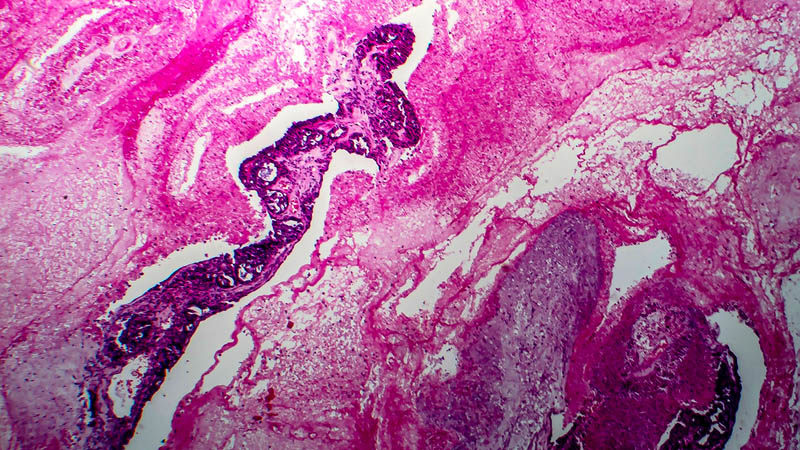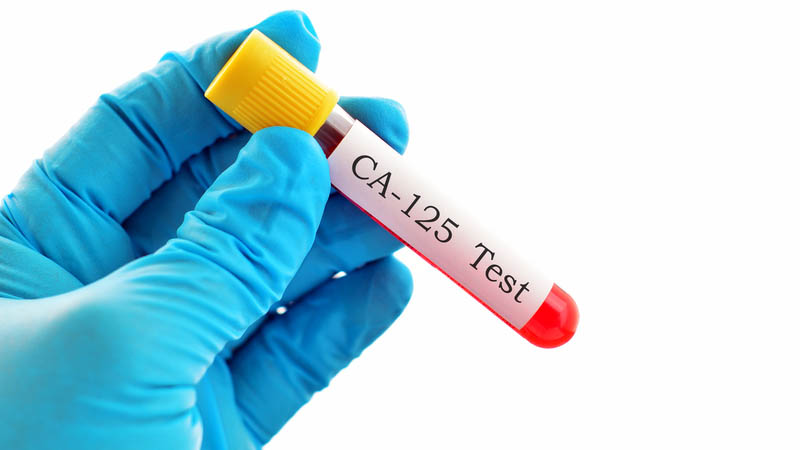Monoclonal antibodies in oncologic gynecology. Part I
Łukasz Wicherek1,2, Wiesława Windorbska3, Michał Wiśniewski2,4, Magdalena Dutsch-Wicherek5, Marta Drzewiecka1,2, Adam Kwiatkowski1,2, Beata Śpiewankiewicz6
 Affiliacja i adres do korespondencji
Affiliacja i adres do korespondencjiThe technique for producing monoclonal antibodies is presently quite advanced. These antibodies comprise not only murine antibodies, which block a particular receptor, but also recombinant human monoclonal antibodies which are often hybrid compounds (combined with another active antitumor substance). Since we are currently able to design monoclonal antibodies that are directed against particular receptors, the practical application of the principles of “tailored therapy” (more recently known as “personalized medicine”) is now a reality. From the point of view of gynecologic-oncologic clinical practice, however, the technique of producing monoclonal antibodies is not the key issue; of more importance is the issue of how to use this still new generation of agents for the maximum benefit of patients with genital malignancies as well as the related issue of what remains to be done in order to safely improve the overall survival rate of the patient who uses these drugs. This paper reviews the current literature devoted to the use of monoclonal antibodies in oncologic gynecology. In part I, we discuss how monoclonal antibodies, particularly bevacizumab, block the molecular mechanisms that regulate neoangiogenesis. We also seek to determine whether oncologic gynecology, like modern hemato-oncology, can continue to function without monoclonal antibodies.









